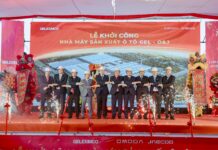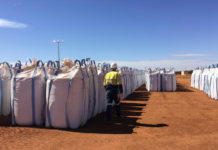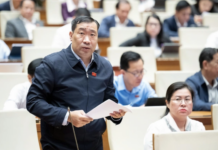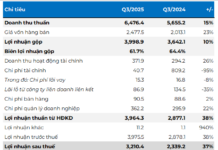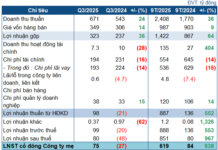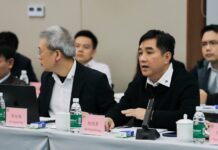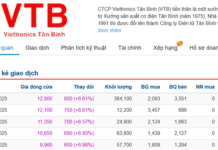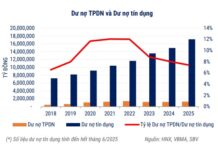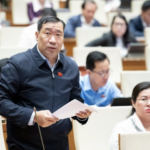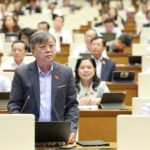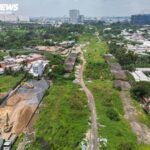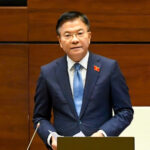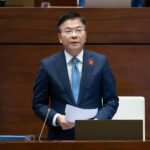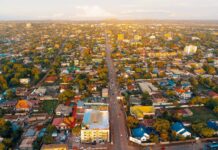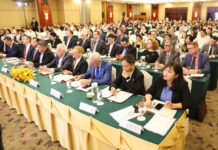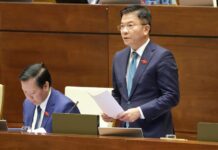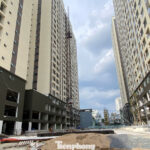On the afternoon of October 30th, during the final session discussing the implementation of the state budget, Prime Minister Pham Minh Chinh addressed several issues raised by National Assembly delegates regarding budget management, public investment disbursement, and the wage increase roadmap.
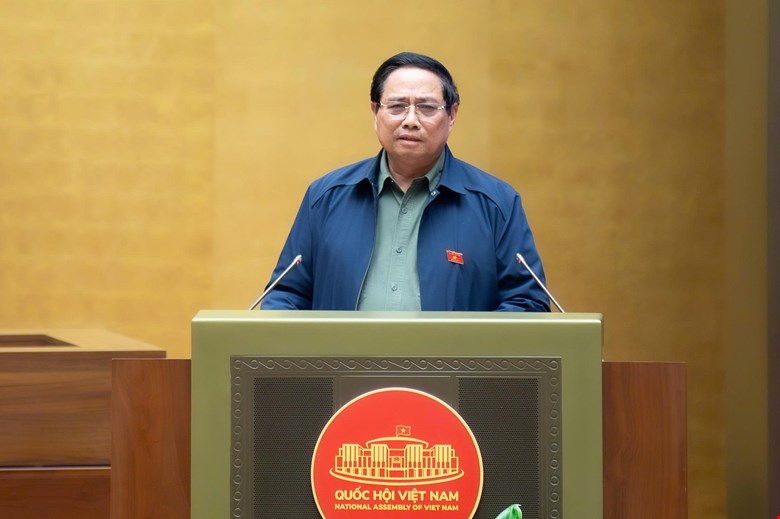
Prime Minister Pham Minh Chinh speaking at the discussion session on the afternoon of October 30th. Photo: Pham Thang
Regarding budget revenue and expenditure, the Prime Minister stated that the expenditure estimate for this term is appropriate, focusing on three key areas. First, expenditure on human resources and organizational machinery. Second, expenditure to ensure national defense, security, and social order. Third, expenditure to guarantee social welfare, with a focus on not sacrificing social equity and progress for mere growth.
The Prime Minister noted that the government has carefully calculated to “collect enough to spend,” given the unpredictable challenges such as diseases, natural disasters, and frequent floods.
In response to National Assembly delegates’ feedback on the inaccuracy of expenditure estimates, the Prime Minister acknowledged this as “a shortcoming” that needs to be addressed in the next term.
The head of the government also emphasized that all revenue increases and expenditure reductions are submitted to the National Assembly for approval. Over time, this process has been on the right track, with many expenditures focused on human resources, such as allocating 70% of the budget surplus for wage increases.
According to the Prime Minister, during the 10th session, National Assembly delegates proposed to continue increasing the base salary from the beginning of 2026. The Prime Minister stated that, based on government calculations, the wage increase was planned for July 1, 2026. However, in light of the delegates’ proposals, the government will seek to balance and consult with relevant authorities and the National Assembly to implement the wage increase earlier.
Earlier, during the discussion session, delegate Tran Quoc Tuan (Vinh Long delegation) suggested that the National Assembly consider adjusting the base salary increase from January 1, 2026, instead of waiting until mid-year as in previous years. According to him, this is not just about wages but also reflects the people’s trust and the collective pulse of the machinery. “Officials need to earn a living to serve with peace of mind, and civil servants should not be burdened by ‘food and clothing’ to contribute wholeheartedly,” delegate Tuan emphasized.
According to the delegate from Vinh Long, government reports have shown that the prices of goods and living expenses have continuously risen, putting significant pressure on people’s livelihoods, while the base salary has not been adjusted.
The base salary of 2.34 million VND per month, applied from July 1, 2024, is no longer suitable compared to the current price levels. “On average, the minimum living expenses in urban areas alone exceed 4.5 to 5 million VND per person per month. The lives of many officials, civil servants, and state employees remain difficult, while living costs continue to rise,” Tran Quoc Tuan expressed concern.
Delegate Mai Van Hai (Thanh Hoa delegation) stressed the significant workload following administrative unit reorganizations, yet the benefits for officials, civil servants, and public employees have not improved. Given this disparity, Mr. Hai urged the government and ministries to promptly review the decentralization and delegation of authority to make adjustments suitable to reality.
Additionally, he called for the development of a wage policy aligned with job positions. According to Mr. Hai, there should be a wage incentive policy for commune-level officials to ensure their job security.
“Delegate Truong Trong Nghia Hopes: ‘They Say It, and Act Accordingly!’”
“With only five minutes, it’s challenging to fully express my heartfelt dedication, but I will do my best, as this is my final term,” shared Delegate Trương Trọng Nghĩa (Ho Chi Minh City).
How Does the Deputy Prime Minister Explain to the National Assembly the Slow Disbursement of Public Investment Despite Continuous Meetings with Ministries, Sectors, and Localities?
This morning, on behalf of the Government, Deputy Prime Minister Lê Thành Long addressed the National Assembly, providing clarifications on key issues raised by delegates. He highlighted the Government’s concerted efforts to enhance transparency in the gold market, prevent monopolies, and regulate the real estate market to address soaring property prices.

